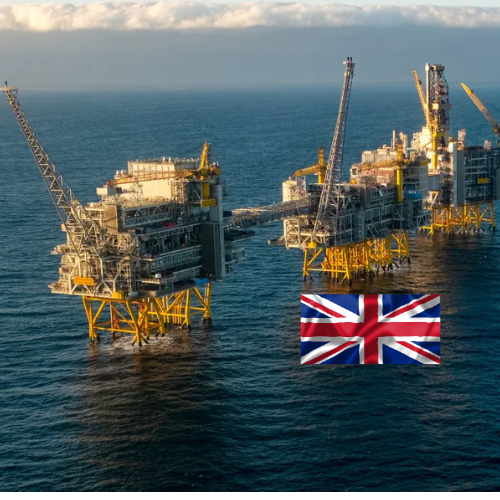This week the CME issued four notices of disciplinary action for activities on the CME and NYMEX venues.
The first case (click here) saw Hartree Partners Power & Gas Company (UK) Limited penalised for “indirect wash trading” in Global Emissions Offset Futures on the NYMEX venue in violation of Rule 534. The activity occurred on 1 April 2022 where Hartree simultaneously negotiated the purchase and sale of December 2022 CBL Nature-Based Global Emissions Offset Futures in separate block trades opposite a single counterparty. Hartree allegedly understood that the purpose of the block trades was to accommodate the counterparty’s transfer of positions between related accounts resulting in no change in market risk. This qualifies as an “indirect wash trade” under the exchange rules. Hartree was ordered to pay a fine of USD $20,000 and was also ordered to disgorge profits of USD $3,050.
The second case (click here) was virtually identical to the first and also saw Glencore Singapore PTE Ltd penalised for indirect wash trading in Nature-Based Global Emissions Offset Futures on the NYMEX venue in violation of Rule 534. The activity occurred on 31 May 2022 where Glencore simultaneously negotiated the purchase and sale of December 2022 CBL Nature-Based Global Emissions Offset Futures in separate block trades opposite a single counterparty. As with the first case, Glencore was deemed by the CME to have understood that the purpose of the block trades was to accommodate the counterparty’s transfer of positions between related accounts resulting in no change in market risk. Glencore was ordered to pay a fine of USD $20,000 and was also ordered to disgorge profits of USD $15,000.
The third case (click here) saw a trader penalised for wash trading in financial futures on the CME venue in violation of Rule 534. The activity occurred on 6 February 2023 where the trader entered buy and sell orders in the December 2027 Three-Month SOFR futures contract between two accounts of different entities which had common beneficial ownership purportedly for the legitimate purpose of hedging interest rate exposure in each. The orders partially traded against one another resulting a wash trade. According to the CME, the trader reasonably should have known that the execution of the orders would result in a wash trade. The trader was ordered to pay a fine USD $10,000. The trader was also banned from trading on any CME venue for five business days.
The fourth and final case (click here) saw Bright Point Capital Pte Ltd, a Singapore-based hedge fund, penalised for wash trading in energy futures on the NYMEX venue in violation of Rule 534. The activity occurred on 31 January 2023 where a trader at the firm placed buy and sell orders in the same product and expiration month in Methanol and NGL futures between two trading accounts with common beneficial ownership in order to transfer positions between the two accounts. The trader was deemed by the CME to have known that the purpose of the orders was to avoid taking a bona fide market risk-exposed position. The Disciplinary Panel also found that during this time Bright Point had failed to maintain complete records for these “wash” block trades, including timestamps reflecting the date and time each order was received in violation of Rule 536.E. The Panel also found that the firm had failed to provide its employees with sufficient compliance training regarding the reporting and execution of block trades and wash trades to ensure compliance with the relevant exchange rules in violation of Rule 432.W. Bright Point was ordered to pay a fine of USD $75,000.
 RegTrail Insights
RegTrail Insights
Firms actively trading on the CME should take note of the apparent focus on “indirect wash trades”, in this case using block trades. Compliance teams are advised to remind Front Office of the CME’s rules in this respect (click here for the relevance guidance note).
The answer to Q19 on page 7 “What is an indirect wash trade?” describes the behaviour and two examples are provided at the end of page 7 (although neither specifically describe the use of block trades). This is also a reminder that block trades should not be excluded from any transaction surveillance coverage – this is particularly the case for the CME where blocks trades are not available via the standard Globex drop copy feed which many surveillance systems rely on for transaction data.


